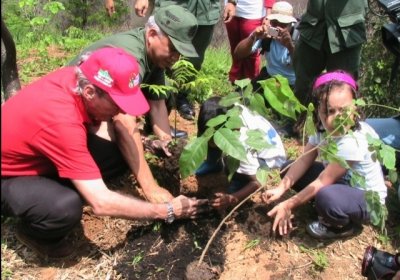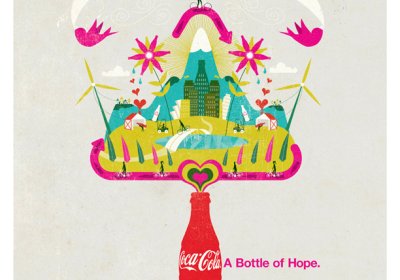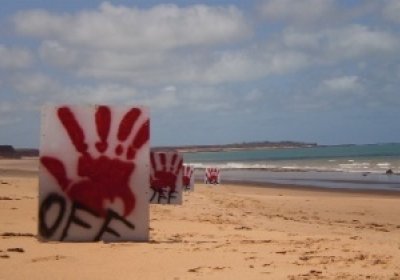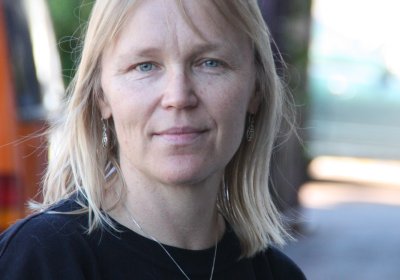An important campaign is emerging against the proposal to establish a coalmine in the iconic tourist and wine-making region of Margaret River in south-west Western Australia.
The campaign has attracted support in the local community, reflected in a pre-election Walk Against Warming rally attended by hundreds of people and several successful community organising meetings.
Environment
Opposition has grown to the Western Australian state government’s compulsory seizure of James Price Point, 60km north of Broome, for a $30 billion gas processing project in the Browse Basin. The Kimberly Land Council (KLC), the Greens and the Wilderness Society have all spoken out against the move.
Frank Parriman, the co-chair of the KLC Traditional Owners negotiating committee, accused Woodside, the company that plans to build the project, of orchestrating the takeover.
Thankfully, no lives were lost in the September 5 earthquake that hit the city of Christchurch, New Zealand. But it has caused vast damage, up to half the buildings in the region need repairing.
As I watched the evening news report about the disaster, I was struck by a comment a local resident made to reporters. Half jokingly, he said the good news was that the rebuilding effort would help pull New Zealand out of recession.
Independent Andrew Wilkie won the Tasmanian seat of Denison at the recent federal elections. Previously, the seat had been held by Duncan Kerr for 23 years and was considered a safe Labor seat.
Wilkie came to prominence in 2003 when he resigned from his job at the Office of National Assessments in public protest against the then Liberal/National Coalition government's decision to invade Iraq. The invasion was based on the claim Iraq had weapons of mass destruction, a claim that later proved false.
A huge transformation of agriculture is taking place in Venezuela, a transformation that has lessons for every other country in the world. I had the opportunity in July to visit the country and see the changes that are taking place first hand.
Venezuela’s Law of the Land and Agrarian Development, the Law of Food Sovereignty and Security, and the Law of Integrated Agricultural Health set out the agenda.
The scientific community has never been more united in its conviction that climate change is well on the way to rendering planet Earth a vastly less hospitable place for most species, including our own. Yet doubt about the gravity of the problem is, paradoxically, on the rise.
Recent polls in the US, Britain and Canada reveal that fewer people take the threat of climate change seriously than five years ago.
On September 2, Western Australian Premier Colin Barnett began the takeover of land at James Price Point in the Kimberley so the company Woodside can build a gas-processing hub.
Barnett claims this is necessary, after two years of negotiating with the local Aboriginal community and the Kimberley Land Council (KLC). He said any further delays in the project will lose $30 billion after the $15 billion taxpayers have already spent.
“An oil platform explosion on September 2 in the Gulf of Mexico forced the crew to jump into the sea and threatened further damage to waters still recovering from the BP disaster”, AFP said that day.
The explosion on the platform, owned by Houston-based Mariner Energy, comes in the aftermath of the BP-owned Deepwater Horizon rig explosion in the gulf in April, which killed 11 workers. Bloomberg.com said on August 20 that 4.9 million barrels of oil escaped from the leaking well.
The Gulf of Mexico is still threatened with an ecological catastrophe, but the US government and British Petroleum (BP) are trying to cover up the scale of BP’s Macondo oil well disaster.
About 4.9 million barrels of oil escaped into the sea after the Deepwater Horizon rig exploded on April 20, killing 11 workers. BP capped the well on July 15, but work on the relief well to permanently plug the spill is expected to be delayed until early September, Bloomberg.com said on August 20.
Dick Smith’s Population Puzzle, a documentary that aired on ABC1 on August 12, made no modest claims. It went for the direct, hard sell. Its message: “Cutting immigration to Australia is a great product, and you should buy it.”
It said a smaller Australia would not solve just one or two social problems, but more than a dozen.
Safe Climate Perth has called a strategy meeting to plan a grassroots campaign against the new coal-fired power stations approved by the state Liberal government.
The campaign will also take up other proposed developments such as a suggested new coal mine at Margaret River, which has already sparked a dynamic community campaign.
Safe Climate campaigner Kamala Emanuel told Green Left Weekly: “We are planning a campaign that can win.
“The first step to getting to a safe climate future is to stop the increase in emissions of greenhouse pollution from new coal power stations.
On August 12, candidates from the Greens, Socialist Alliance (SA) and newly formed First Nations Political Party (FNPP) spoke to a group of 50 people at La Tropicana cafe in Fremantle.
The forum was organised by SA to highlight environmental and social policies ignored by the major parties in the federal election campaign.
The event was chaired by Fremantle councillor and Western Australian SA co-convenor Sam Wainwright
Kate Davis, Greens candidate for Fremantle, said: “The Greens have a renewable energy target of 100% by 2030.
- Previous page
- Page 279
- Next page









